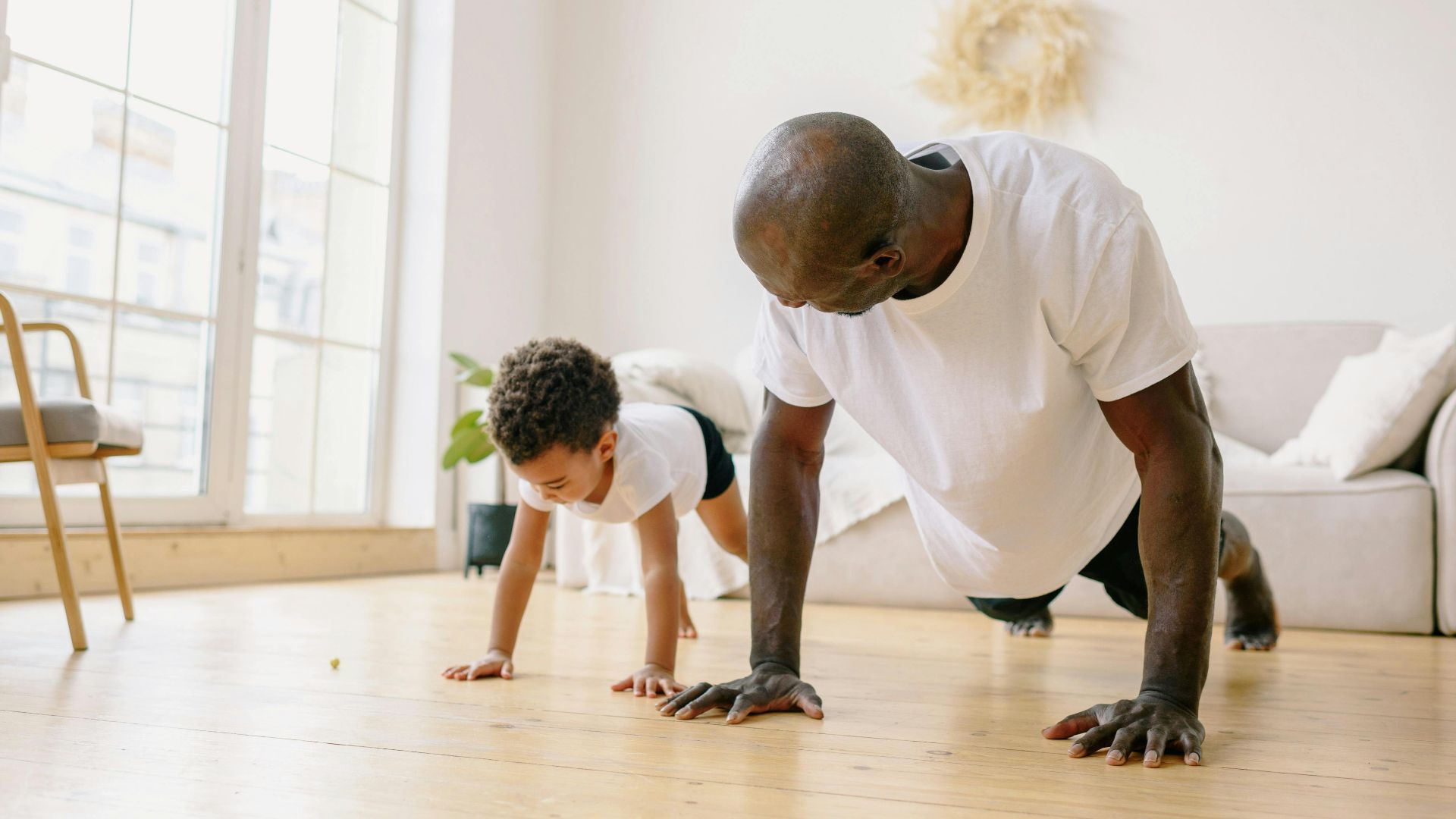10 Psychological Benefits Of Exercise & 10 Ways To Motivate Yourself To Move More
Struggling To Hit The Gym?
The benefits of exercise go beyond just the physical; it also does wonders for your brain. However, knowing the perks isn't always motivation enough. Luckily, there are plenty of science-backed strategies you can incorporate to encourage more movement in your life, creating a happier and healthier version of you. Here are 10 psychological benefits of exercise and 10 ways to motivate yourself to work in more workouts.
1. Reduces Stress
Exercise lowers the stress hormone cortisol and helps the body manage stress more effectively. It also provides a mental break from stressors and releases endorphins.
2. Boosts Mood
Exercise enhances your mood by increasing happiness chemicals dopamine and serotonin. It also provides a satisfying sense of achievement when you reach your fitness goals.
3. Improves Sleep
Exercise helps regulate your circadian rhythm, making it easier to fall asleep quickly. It also burns your excess energy, making you feel ready for rest.
4. Increases Energy Levels
You may assume that exerting yourself physically leads to exhaustion; however, it's the opposite. Exercise gets your heart pumping, increasing circulation, and making you feel energized and alert.
5. Boosts Confidence
Exercise boosts your self-esteem by improving your body image. Overcoming challenges and reaching your fitness goals also instills a sense of achievement, empowerment, and control, which all enhance your confidence.
6. Combats Anxiety
Exercise fights off symptoms of anxiety by reducing the stress hormone cortisol and regulating the nervous system. It also shifts your focus away from anxiety-inducing thoughts and situations.
7. Enhances Cognition
By increasing blood flow to your brain, your cognitive abilities also get a boost from exercise. It increases neurotransmitters while decreasing inflammation and oxidative stress in the brain, enhancing decision-making and problem-solving.
8. Increases Mindfulness
Exercise promotes mindfulness by reducing mental clutter and encouraging body awareness. Activities like yoga, pilates, and tai chi are even more effective for mindfulness because they pair movement with breath.
 Chevanon Photography on Pexels
Chevanon Photography on Pexels
9. Promotes Emotional Resilience
Exercise enhances your stress tolerance, helping you become more resilient. The endorphins released from physical activity also help stabilize your emotions, and maintaining a workout routine reinforces perseverance.
10. Decreases Depression Symptoms
Physical activity can be just as effective as medication or therapy for reducing symptoms of depression. This is because it releases happiness chemicals dopamine, serotonin, and endorphins, lowers stress hormones, and boosts self-esteem.
Now that we've talked about what physical activity can do for your psychology, let's cover strategies for motivating yourself to exercise more.
1. Find An Activity You Enjoy
If exercise feels like a slog, you'll be much less motivated to do it. If you find an activity you enjoy, you'll have no problem getting active.
2. Workout With A Friend
Turn your exercise routines into social gatherings to encourage yourself to get out there and hold yourself accountable. Just make sure they don't turn into chat sessions instead of workout sessions.
3. Make A Habit Of It
Humans are naturally habitual creatures. It's hard to create new habits, but once you solidify your exercise routine, you'll find it hard to go without.
4. Set Achievable Goals
Setting simple, measurable goals is incredibly motivating without being overwhelming. Start small and increase gradually over time.
5. Track Your Progress
Unless you track your progress, you won't realize the immense headway you're making, and you might lose focus. Use apps like Strava or keep a workout journal to measure your performance.
6. Mix It Up
You're bound to get bored if you're doing the same workout routine every day. What's more, it's important to switch it up to ensure you're working different muscle groups and allowing for recovery.
7. Reward Yourself
Create a positive feedback loop by giving yourself small rewards for working out or reaching milestones. This can be a mini indulgence like a movie night, a spa day, or buying a new outfit.
8. Remember Your Why
"Looking fit" might not be good enough motivation for you. Come up with a strong "why" that will continue to motivate you, like staying healthy for your kids.
9. Hire A Personal Trainer
Hiring a personal trainer can be a huge motivator. These are professionals who know exactly how to help you reach your goals and can give you tips, tricks, motivation, and know-how.
10. Join A Class
Joining a fitness class can motivate you by making you accountable. It also provides professional guidance, motivation, and social connection, and can add an element of competition, which can help if you're a competitive person.
KEEP ON READING

20 Natural Ways You Can Boost Your Immune System

20 Ways To De-stress & Relax After Work

The 10 Most Common Diseases & The 10 Most Rare
























